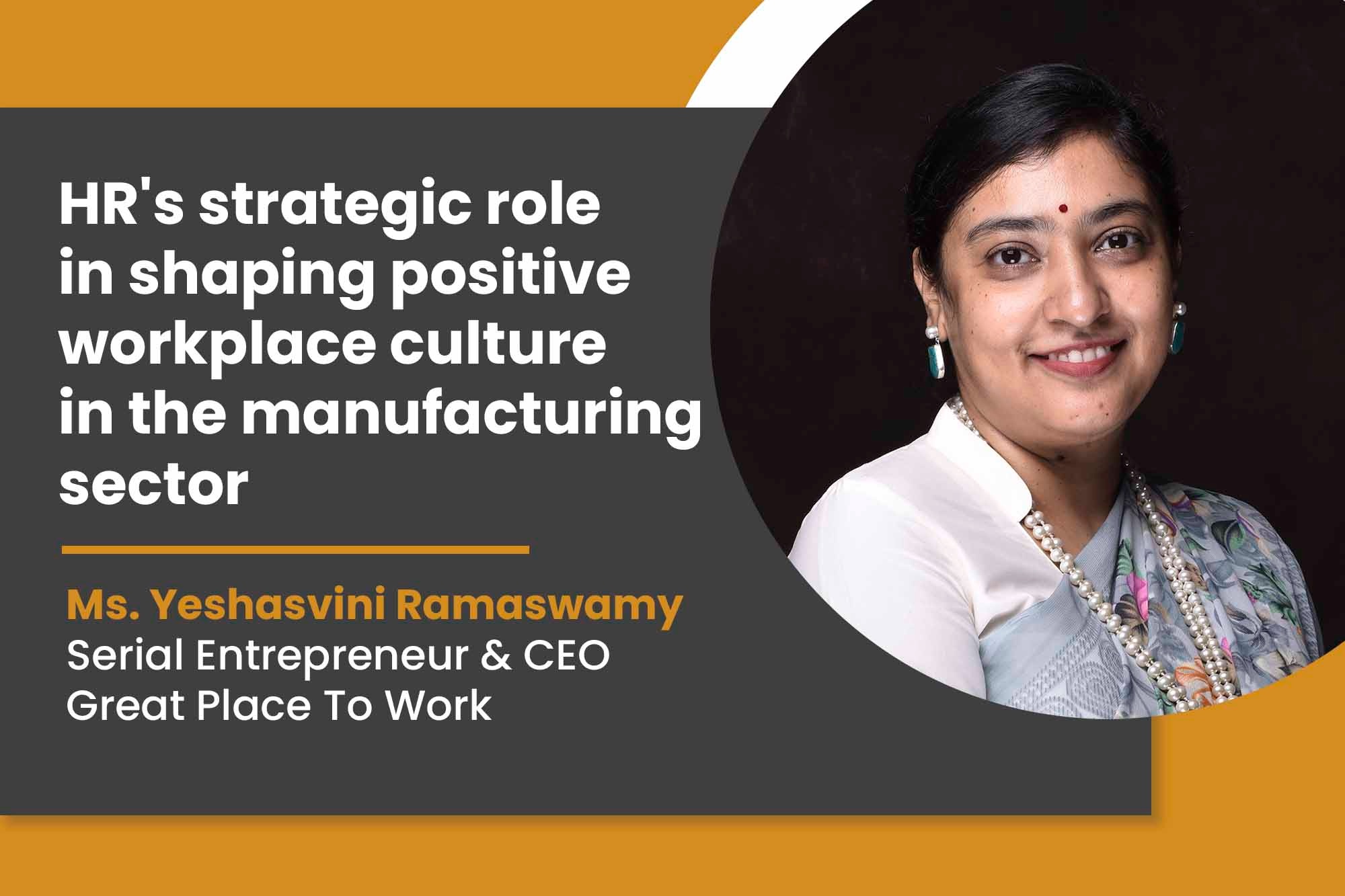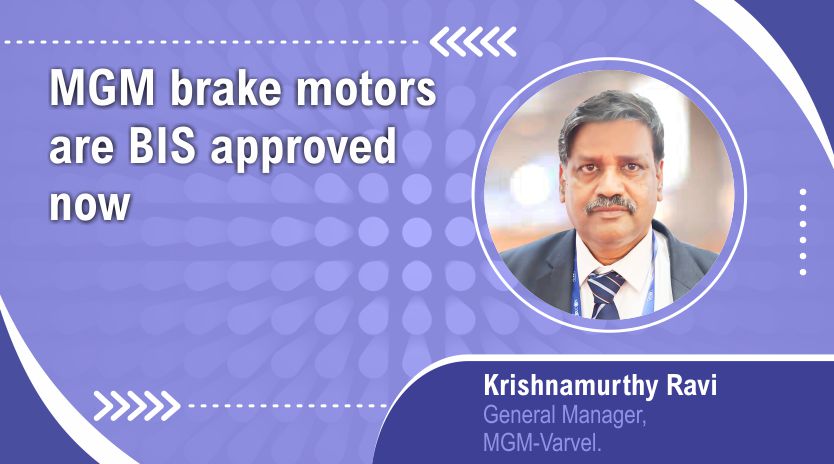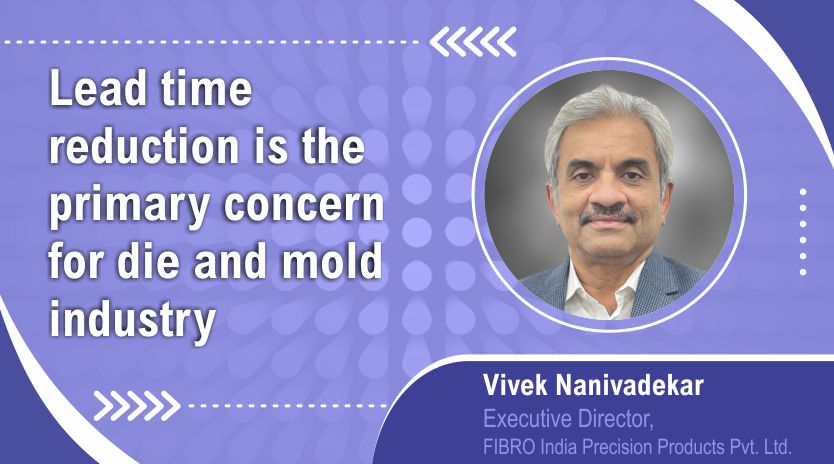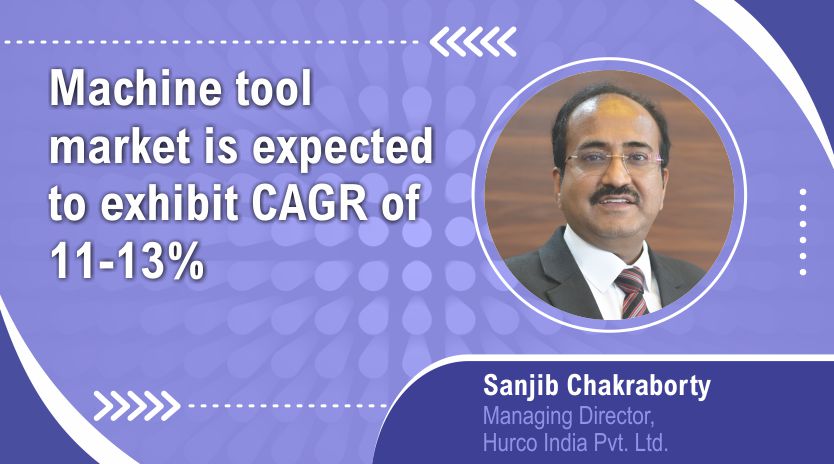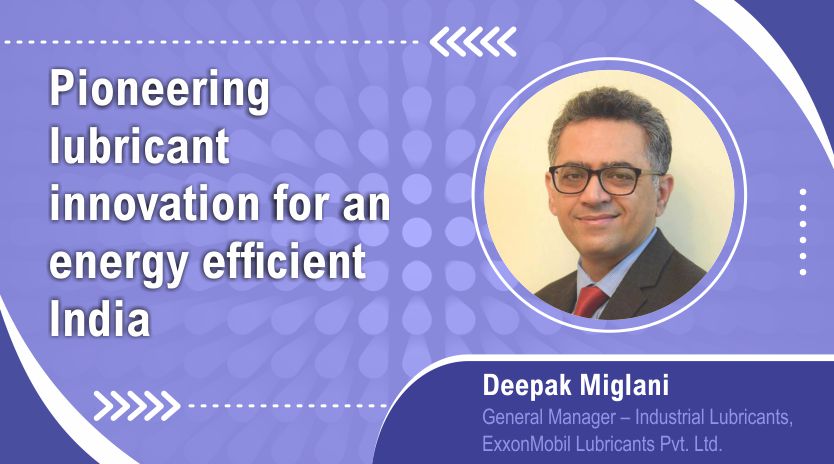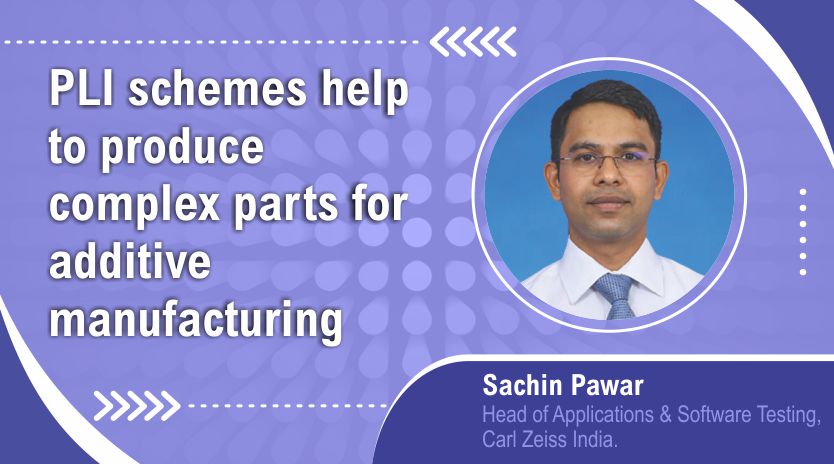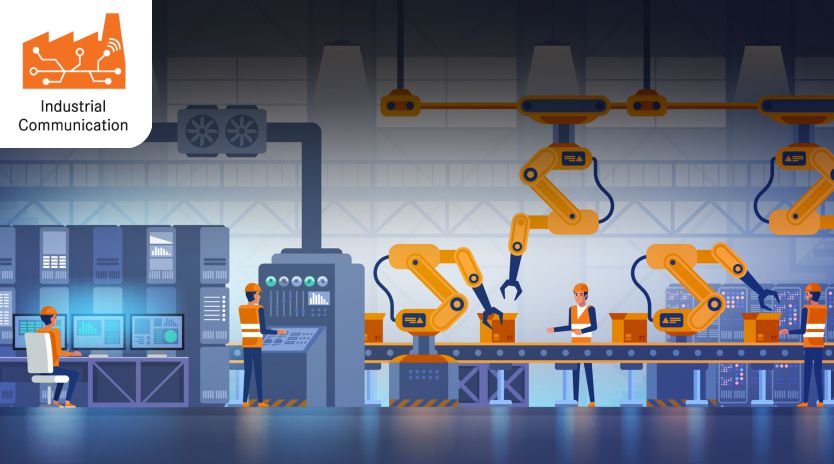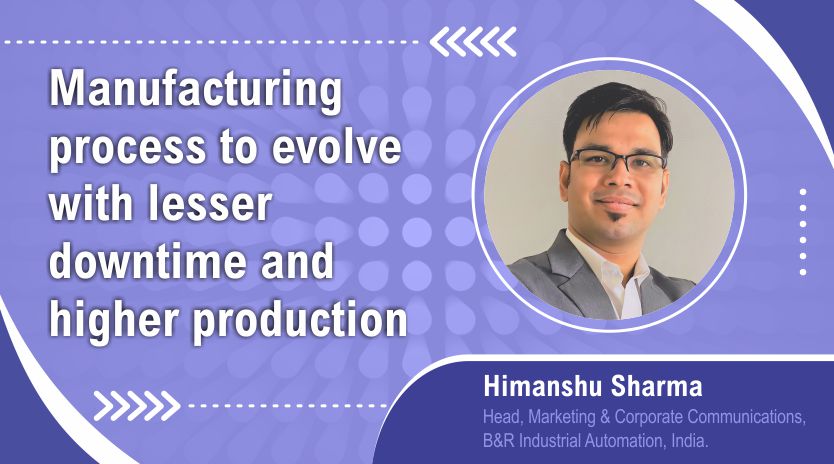Connected Enterprise essential for operational efficiency
By OEM Update Editorial June 10, 2020 1:01 pm IST
In the coming years, each machine and piece of industrial equipment will be embedded or connected with sensors, which will typically generate the relevant data.
Phanindra Karody, Head, Bangalore Plant, Continental Automotive India in an interaction with OEM Update Magazine, discusses the latest technologies being harnessed by the company for improved productivity, and how industrial automation will be the norm across processes and levels.
How has your company’s journey been in the adoption of smart factories?
The smart factory represents a leap forward from traditional automation to a fully connected and flexible system. Continental plants across the globe are being converted to smart factories and adopting various industry 4.0 practices. In India, at our Bengaluru plant, we have implemented Augmented Reality (AR) for remote assistance and problem solving, Automated Guided Vehicle (AGV) for material movement on the shop floor, and Artificial Intelligence (AI) for facial detection of quality inspectors. We also deploy Cobots to undertake repetitive tasks.
What kind of steps do companies, including MSMEs, need to take for the adoption of smart factories?
Transitioning into smart factories means using modern technologies to enhance industrial processes to improve efficiency, productivity, costs, value to customers, and so on. This requires planning specific to each industry and company. Automation will be the norm going ahead, across various processes and levels. Starting from non-critical processes is advisable since this also gives employees a chance to learn and adapt. Reskilling and training should also be undertaken simultaneously to ensure a smooth transition.
How have machine learning (ML), artificial intelligence (AI), robotics, automation, and big data been implemented by OEMs to move towards a Connected Enterprise?
AI/ML and robotics have been implemented at various levels at Continental plants globally. While robotics helps in taking care of repetitive tasks, insights from AI and ML help in smart maintenance, quality improvement, market adoption, and better product development.
Across the industry, connected enterprises help in collecting data from various factories and making the system better. Moreover, it gives managers the flexibility to track data and reports anywhere anytime.
What are the challenges faced by OEMs while transitioning towards smart factories?
The entire industry is gradually moving towards smart factories. While the benefits are plenty, this change is effort-intensive and capital-intensive. There is no one-size-fits-all strategy. The scale, pace, and levels of automation are different across organisations. We also must keep in mind the reskilling and training of the workforce to ensure that they can operate in the smart environment efficiently. These are operational challenges the industry faces in varying degrees.
We need to understand how to convert generated data into useable information and use the learning to make the processes more efficient. Moreover, connectivity opens doors for data theft, attack on industrial control systems, and security breaches at various levels. Hence, cybersecurity becomes very crucial while transitioning toward smart factories.
What kind of technological advancements can we expect with respect to smart manufacturing in the coming years?
The rise of the Industrial Internet of Things (IIoT), increased use of robotics and automation, condition monitoring, additive manufacturing (3D printing), and growing role of cybersecurity will be a few of the technological advancements in the coming years. For instance, in the coming years, each machine and piece of industrial equipment will be embedded or connected with sensors, which will typically generate the relevant data. This will be further transferred to the cloud/software systems through data communication systems, thereby helping companies in drawing important conclusions and in predictive maintenance.
Cookie Consent
We use cookies to personalize your experience. By continuing to visit this website you agree to our Terms & Conditions, Privacy Policy and Cookie Policy.




